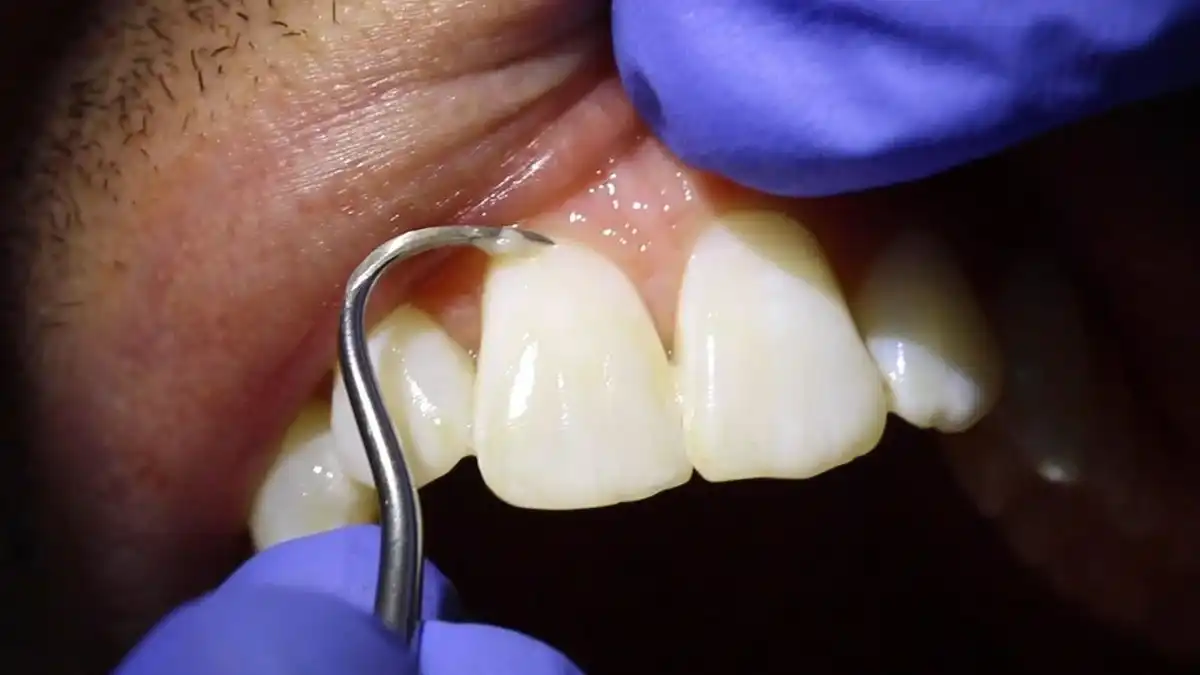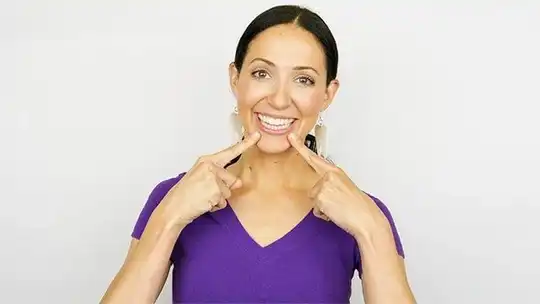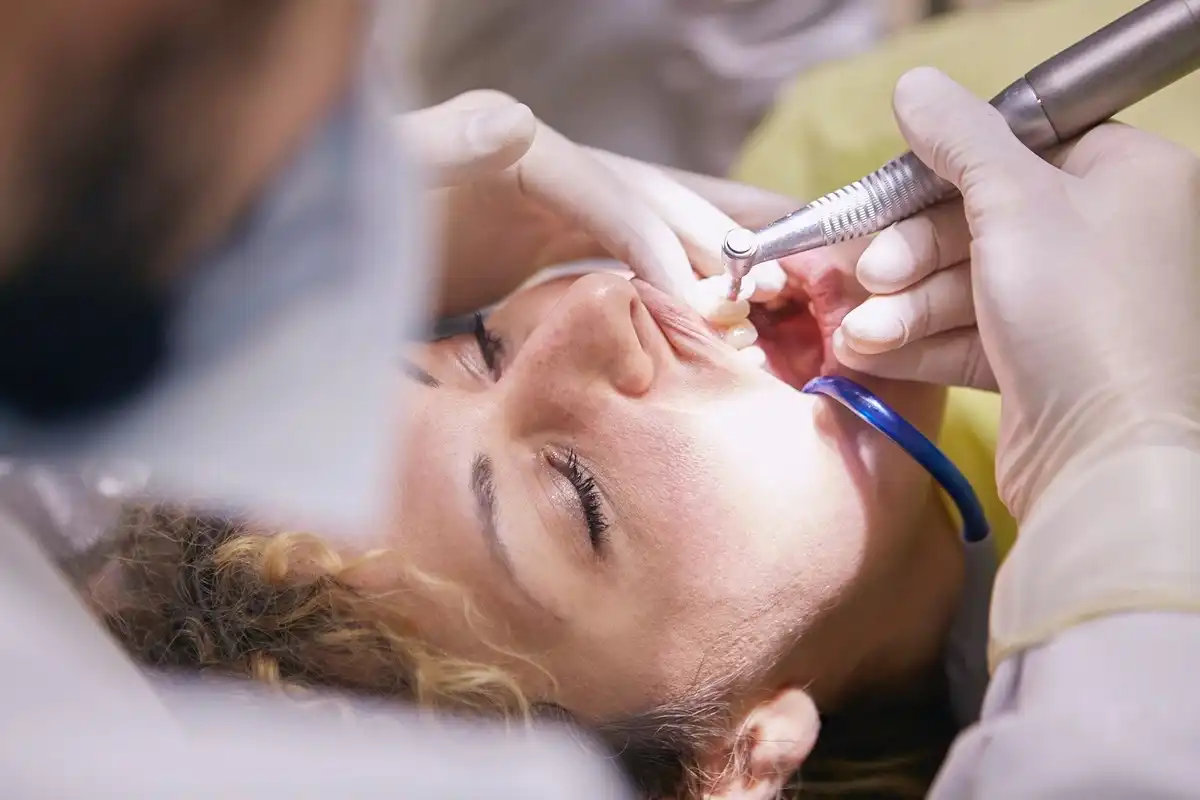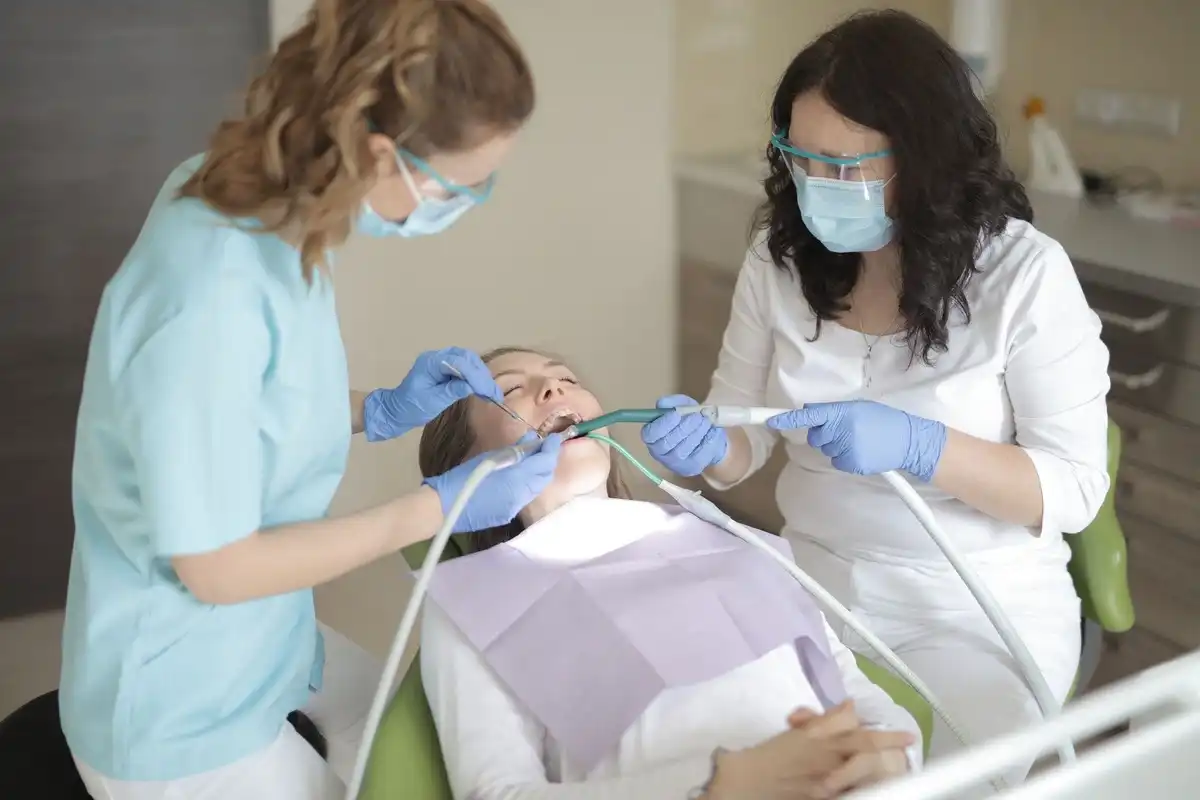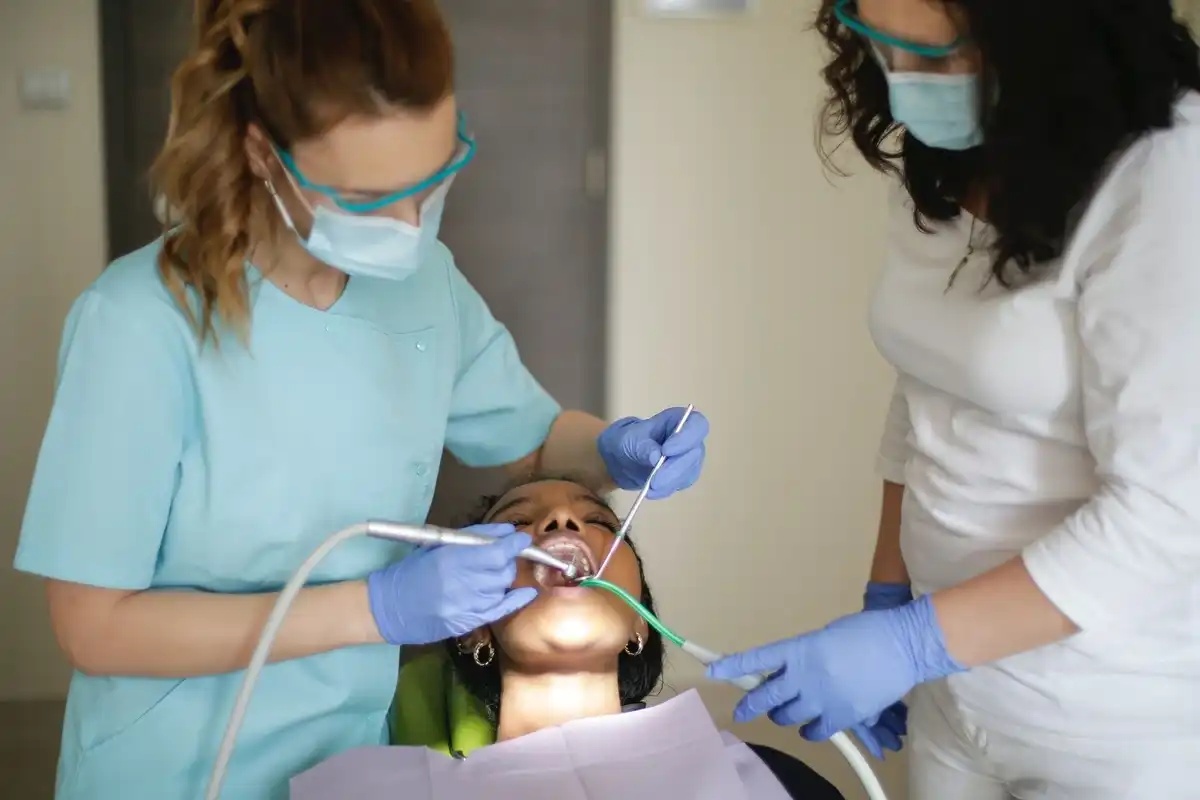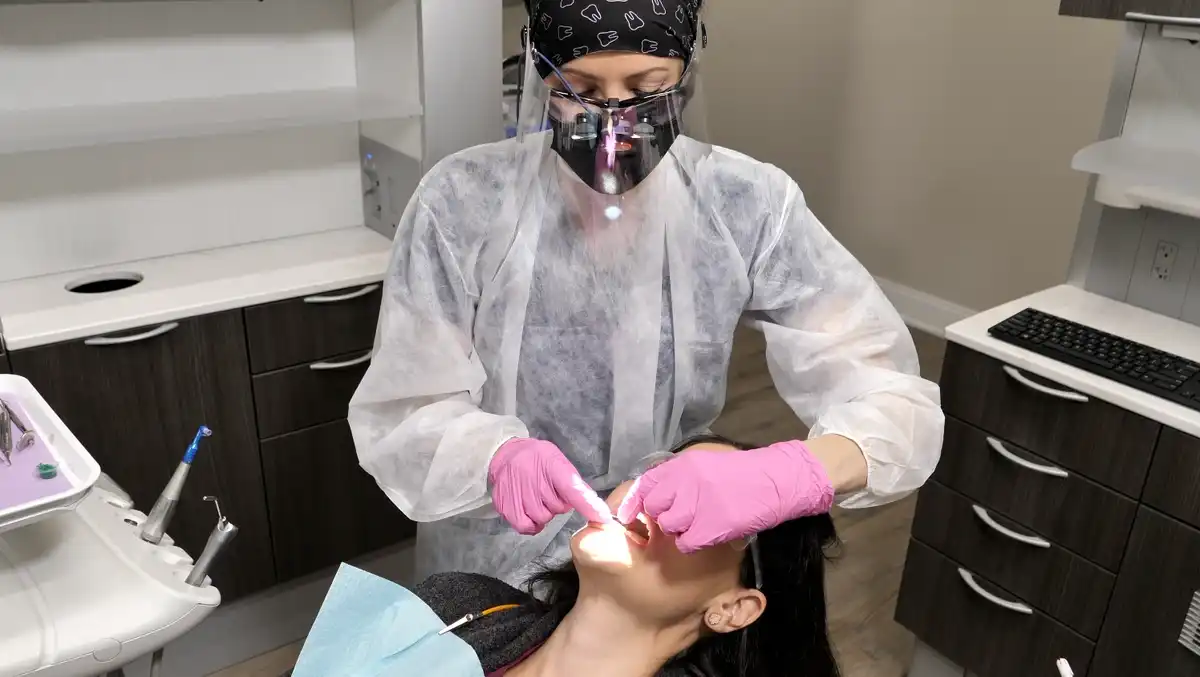What Does RDH Mean And What Do They Do?

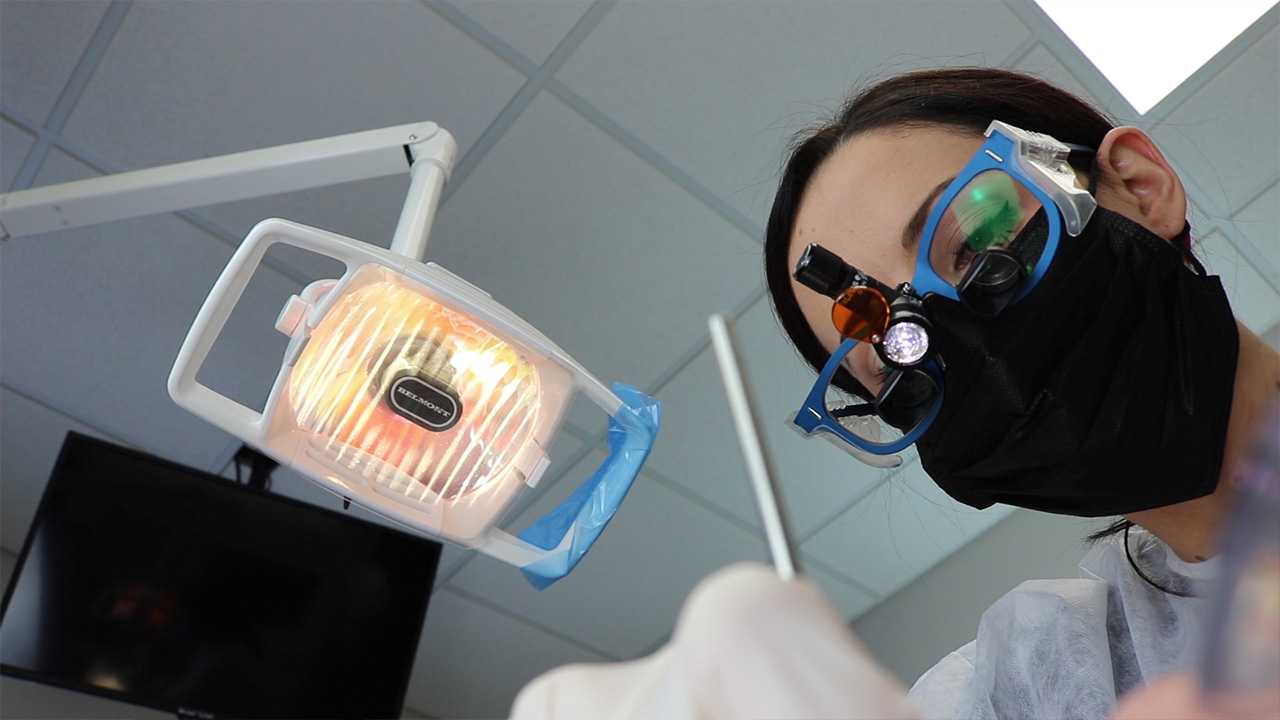
RDH Meaning
RDH means "Registered Dental Hygienist". An RDH is a licensed dental health professional, specializing in preventative oral health care. Dental hygienists specialize in all thing’s related to preventive dental care and work as a collaborative dental team member providing patient care multiple times throughout their workday. Caring for the oral health of patients is truly what an RDH is supposed to do! Let’s review some of the details of an RDH’s duties to see if this dental health position is the right career fit for you.
What Does A Dental Hygienist Do?
A dental hygienist has many responsibilities when it comes to oral health and preventative care. One of the most important is contributing to the dental team with their preventative approach to everything oral hygiene! And while this list certainly does not sum up everything an RDH will do, it focuses heavily on some of their most important job responsibilities of the dental hygiene profession, which include:
1. Teeth Cleaning And Scaling
This responsibility tops the list considering when you ask what a dental hygienist does, the answer will be “clean people’s teeth.” While an RDH does MUCH more than just clean teeth, hygienists are especially known for preventive procedures and their ability to gently remove bacteria like tartar buildup and tooth stains from teeth. This can range from a healthy 6-month “recall” patient to an advanced gum disease treatment known as scaling and root planning (administer local anesthesia to remove bacteria deposits deep beneath the gumline.)
2. Dental Examinations
While a full exam requires a dentist to confirm and diagnose, dental hygienists play a major role in evaluating and screening the patient prior to the dentist’s exam. Dental hygienists will evaluate a patient’s current oral health status and report findings to the overseeing dentist. Hygienists and dentists work together to ensure comprehensive patient care.
3. Oral Health Assessment
Hygienists will evaluate a patient’s current oral health status to ensure everything is evaluated properly. This can include periodontal examinations, oral cancer screenings, head and neck exams, current cavity risks, plaque levels, oral health care assessments, dental charting, x rays, and more! Being well means being able to properly recognize oral health conditions and critically evaluate the patient’s needs.
4. Periodontal Care
From therapeutic approaches to care to disease management, periodontal treatment is one of the most important duties of a dental hygienist. Non-surgical periodontal therapies like scaling and root planing (deep cleanings), periodontal maintenance cleanings, screening for oral disease or changes in pocket depths and bone levels, applying periodontal medications, evaluating gum recession and more are all crucial to the job role for an RDH.
5. Application of Preventive Treatments
Prevention is our specialty when it comes to being a dental hygienist. Prevention can include a “simple” recall cleaning appointment to placing dental sealants to applying fluoride treatments to reduce cavity risk. More advanced cases like preventing periodontal disease from advancing with therapeutic maintenance is all a part of the job. The goal is to help patients prevent issues like cavities before they ever have a chance to start.
6. Patient Education
Another extremely important aspect of being a dental hygienist is effective, individualized patient education! This can include oral hygiene instruction, education regarding certain hygiene products, and medical conditions linked to a patient’s to oral health condition. This might be why we tend to chit chat with patients so much; we have a lot to educate you about!
7. Documentation and Recordkeeping
While patient care is certainly at the center of our day, we could not complete our RDH job duties without including clinical notes. Documenting what has been done during the hygiene appointment is crucial. This enables us to keep track of what is completed at appointments, and properly track the oral health status of a patient over time. It’s important to note that all clinical notes and documentation are considered legal documents.
8. Assisting The Dentist
This portion of a hygienist’s duty can vary per office and position. During periodic exams for patients getting cleanings, you will assist the dentist in reviewing the patient’s current health status, discussing any findings they may have and reviewing patient concerns. It’s also not uncommon to have to jump in and help assist the dentist during a patient procedure if their dental assistant is unavailable.
Is Being An RDH A Good Career Choice?
Being a dental hygienist is an extremely rewarding career for anyone that enjoys helping others. Empathy is important to have, as you will often encounter patients that are nervous and fearful of the dentist. Good communication skills for building patient rapport are also essential. Dental hygienist can have flexible schedules, competitive salaries, hands-on-work, and are a profession currently in high demand. If you are looking to become a dental hygienist and are curious about a day in the life of one, try job shadowing at a local dental office or college!
What Is The Difference Between Dentists And Dental Hygienists?
A DDS is a Doctor of Dental Science, also known as a dentist; they complete four years of dental school after their undergraduate education. While an RDH is a Registered Dental Hygienist with either an Associate’s or Bachelor’s degree. You might think of it like comparing doctors to nurses; it’s a similar equivalent. While dentists focus on restorative work, hygienists focus on preventative care. Dentists will diagnose, treat and monitor patients. Hygienists will educate, instruct and provide preventative services. Dentists and dental hygienists are both licensed dental professionals; however, a DDS is a doctor an RDH is not. Dental hygienists must usually work under the supervision of a dentist. Together, dentists and hygienists make a powerful duo for comprehensive patient care.
American Dental Hygienists Association states to obtain licensure as a dental hygienist, a minimum of two academic years of college in an accredited dental hygiene program is necessary, leading to the attainment of an associate's degree and a dental hygiene certificate. Additionally, dental hygiene programs are available at the bachelor's and master's degree levels.
To obtain a dental license, individuals typically need to complete dental school, pass licensing exams, fulfill clinical requirements, and apply for licensure through the relevant dental board or association.
What Is The Difference Between LDH And RDH?
Whether your dental hygienists use the credentials LDH or RDH, they are the same positions, they are both licensed oral health professionals. LDH is a Licensed Dental Hygienist, while an RDH is a Registered Dental Hygienist. These credentials may vary state by state regarding their licensure titles, but they are the same type of provider.
How Much Do RDH Make?
Ahhhh…one of the most popular questions, and it’s about money! So, let’s talk dental hygiene salary. While dental hygienists are provided with a competitive salary, can vary significantly per state. On average, dental hygienists made $81,400 per year in 2023. While those early on in their career may make less, there is plenty of room for growth. Today, it’s not unheard of for hygienists to make $90,000 or more. Salaries will heavily depend on where you live! Also, don’t forget to advocate for what you deserve. Check your local average income and RDH salary in your area. Many offices will also include incentives such as bonus systems, health insurance, and more! Another great option for flexibility in your schedule is temping as an RDH. Temping often pays more per hour (it’s not uncommon to see $50/hr. rates) and is great for people with busy schedules.
Registered Dental Hygienist (RDH)
Now that we have reviewed what a dental hygienist is, what they do, and who it would be a great career fit for, how do you feel? If helping others with their oral health needs in a preventative approach sounds like it’s for you, the path to becoming an RDH may be a great fit. Dental hygienists are strong in their communication skills, empathy, collaboration with team members, critical thinking skills, and their ability to recognize oral health conditions. If this sounds like the career path for you, talking to other RDHs could be a great start to better understanding their job. The next time someone asks, “What does a dental hygienist do?”, you’ll have the answer. We are not just teeth cleaners, we are prevention specialists, and VERY proud of it!

Make your inbox smile!
Subscribe
